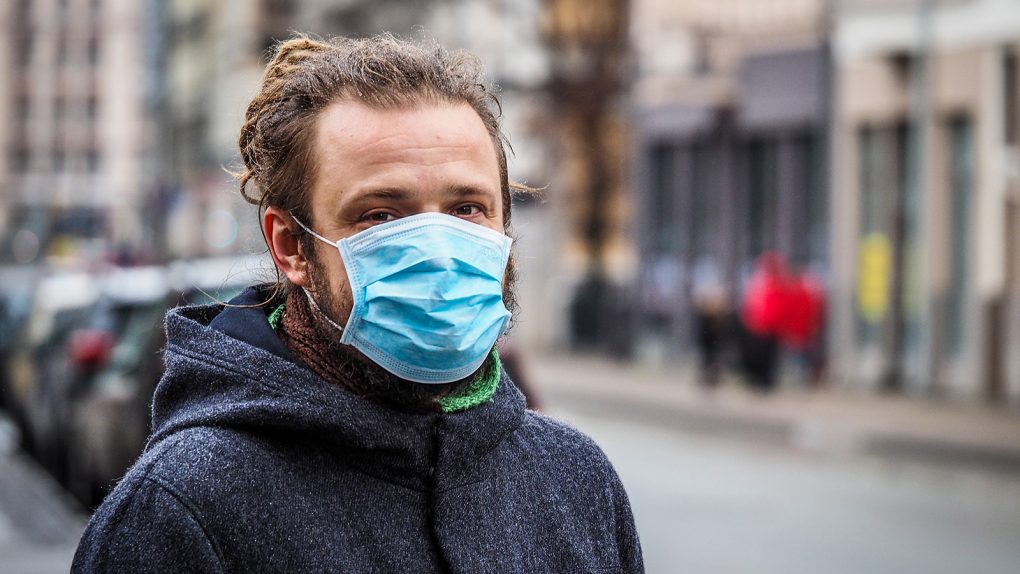- Another coronavirus vaccine candidate has shown promising results in a Phase 1/2 trial conducted in the US.
- An mRNA experimental drug made by BioNTech, which partnered with Pfizer for the development of the drug, proved it can deliver the neutralizing antibodies that would be able to block the coronavirus and prevent infection.
- According to the data the two companies released, including the full study for the clinical trial, various doses of the test drug can elicit a better immune response than the one observed in COVID-19 survivors.
After Inovio’s promising coronavirus vaccine results earlier this week, Pfizer and BioNTech announced similar results for an ongoing Phase 1/2 clinical trial. The two companies started the US part of the trial in early May, days after a similar test began in Germany. The scientists observed neutralizing antibodies in volunteers who received the BNT162b1 drug that were at higher levels than similar antibodies from COVID-19 survivors. The vaccine candidate encodes an optimized SARS-CoV-2 receptor binding (RBD) antigen, and the immune system creates antibodies that should be able to block the virus from binding to cells, thus preventing infection.
BNT162b1 is the most advanced of four vaccine candidates from BioNTech’s BNT162 mRNA vaccine program. Each of them uses a unique combination of mRNA and target antigen, the two companies explained in a press release.
The researchers divided the 45 volunteers, aged 18 to 55, into three cohorts of 12 patients, with a fourth group of nine people serving as placebo controls. Two groups received two doses of 10 µg or 30 µg of BNT162b1 21 days apart, and one got a single dose of 100 µg of the mRNA vaccine. The placebo group got two shots as well.
The highest neutralizing antibodies were observed seven days after the second dose of 10 µg or 30 µg — day 28 after vaccination. The antibody titers were 1.8x and 2.8x higher than antibodies in convalescent serum, respectively. The researchers observed elevated RBD-binding IgG concentration in the blood after the second injection at day 28 — these were 8x and 46.3x higher than the IgG concentration in serum from a panel of COVID-19 survivors.
The group that received the highest, single-dose course of treatment also showed RBD-binding IgG concentration and neutralizing titers higher than convalescent plasma — 3x and 0.35x higher, respectively, after 21 days.
Because more patients experienced local reactions and systemic events after a single 100 µg dose but did not show better immunogenicity than the 30 µg group, the 12 participants were not given a second dose. One of the 100 µg volunteers manifested severe pain at the injection site. The most common side-effect was mild to moderate pain after the injection. The people who got 10 µg or 30 µg doses experienced low-grade fever more commonly after the second dose. 8.3% of the 10µg group and 75% of the 30 µg group developed fever of 38C (100.4F).
Pfizer and BioNTech published a full study that details their findings in pre-print form on medRxiv, and submitted the paper for potential publication in a peer-reviewed journal.
The paper says the observations so far suggest that “a well-tolerated and immunogenic dose level may be between 10 µg and 30 µg for this vaccine candidate.”
Pfizer and BioNTech plan on starting a large, global Phase 2b/3 trial in late July, pending approval that will include up to 30,000 healthy participants. If all goes well, the two companies hope to manufacture 100 million doses of the vaccine by the end of the year, and as many as 1.2 billion doses in 2021.







